The Future of Software Inspection in Corporate Environments
In today’s rapidly evolving digital landscape, corporations are increasingly dependent on software to drive their operations, manage data, and deliver services. As reliance on complex software systems grows, so does the importance of maintaining their integrity, security, and compliance. This has led to the rising prominence of corporate software inspectors—specialists and automated tools dedicated to examining software for vulnerabilities, compliance issues, and quality assurance.
Looking ahead, the future of software inspection in corporate environments promises revolutionary advancements driven by automation, artificial intelligence (AI), and improved regulatory standards. These developments will not only enhance security and efficiency but also redefine the role of corporate software inspectors themselves. This article explores the trends shaping the future landscape of software inspection and the critical role that corporate software inspectors will play.
The Current State of Software Inspection
At present, software inspection primarily involves manual and automated processes aimed at identifying issues such as bugs, vulnerabilities, and non-compliance with regulations. Traditional methods include code reviews, static and dynamic analysis tools, and penetration testing. While effective, these techniques often require significant time, resources, and expertise.
In large corporations, where software complexity is immense, the need for rigorous inspection is critical. Regulatory frameworks like GDPR, HIPAA, and SOC standards have also mandated strict compliance, further amplifying the importance of thorough software inspections.
Emerging Trends Shaping the Future

- Increased Automation & AI Integration
Automation has already begun transforming software inspection. Tools capable of static code analysis detect bugs and security flaws rapidly. However, the next wave of evolution involves AI-powered inspection systems. These systems can analyze vast codebases, identify patterns indicating vulnerabilities, and even predict potential issues based on historical data.
Corporate software inspectors will increasingly rely on AI to perform real-time analysis, reducing human error and speeding up detection processes. Machine learning models will learn from past inspections, continually improving their accuracy and predictive capabilities, ensuring higher security standards.
- Continuous & DevOps-Oriented Inspection
The traditional approach to software inspection is often periodic, conducted at specific stages of development. Future trends point toward continuous inspection integrated into DevOps pipelines. This shift ensures ongoing monitoring of code changes, instant detection of issues, and faster remediation.
Corporate software inspectors will need to adapt by developing tools that seamlessly fit into continuous delivery environments, enabling real-time security checks and compliance validations without disrupting development workflows.
- Advanced Security & Threat Detection
Cybersecurity threats are becoming more sophisticated, requiring advanced inspection techniques. Future software inspectors will deploy AI-driven threat detection systems capable of identifying zero-day vulnerabilities, malicious insider activities, and anomalous behaviors in real-time.
Businesses that implement these advanced systems will benefit from proactive security measures, minimizing potential breaches and associated costs.
- Regulatory Compliance & Standardization
As regulatory landscapes become more complex, automated compliance checks will become standard in software inspection. Inspector tools will be configured to automatically verify adherence to industry standards and regulations, providing audit-ready reports for stakeholders.
Corporate software inspectors will play a crucial role in maintaining compliance, especially in heavily regulated industries like finance, healthcare, and government.
- Integration of Blockchain & Decentralized Verification
Blockchain technology offers tamper-proof ledgers that can record software inspection activities, making audits more transparent and trustworthy. Future innovations may involve decentralized verification systems where multiple inspectors or automated tools validate software integrity, reducing bias and increasing reliability.
- Focus on Privacy & Data Protection
With growing privacy concerns, future software inspection tools will prioritize data encryption and anonymization techniques. Inspectors will need to ensure that software complies not only with functional requirements but also with data privacy laws.
The Role of the Corporate Software Inspector in the Future
The emergence of advanced tools and techniques will redefine the corporate software inspector‘s role in several ways:
- From Manual to Automated Expertise: While manual inspection will still have its place, inspectors will increasingly leverage AI and automation tools to handle routine checks. Their focus will shift toward analyzing complex issues, interpreting AI findings, and making strategic security decisions.
- Specialization in Emerging Domains: Inspectors will need expertise in cybersecurity, data privacy, blockchain, and AI systems to effectively evaluate modern software environments.
- Continuous Learning & Adaptability: As technology advances, inspectors will have to stay updated with new tools, regulatory changes, and emerging threats.
- Collaborative Role: Inspectors will become part of a broader DevSecOps ecosystem, working closely with developers, security teams, and compliance officers to embed inspection processes throughout the software lifecycle.
Challenges & Ethical Considerations
Despite promising advancements, several challenges remain:
- False Positives/Negatives: AI-driven tools might flag benign code as malicious or overlook subtle vulnerabilities. Refining detection accuracy is crucial.
- Data Privacy: Inspectors handling sensitive code and data must ensure their processes do not infringe on privacy rights.
- Skill Gap: As tools become more complex, there will be a need for ongoing training and skill development.
- Ethical Use of AI: Developers and inspectors must ensure AI systems are transparent and free from biases that could lead to incorrect assessments.
Conclusion
The future of software inspection in corporate environments is poised for profound transformation. Driven by automation, AI, continuous integration, and enhanced security protocols, software inspectors will be more integral than ever in maintaining software integrity, security, and compliance.
The corporate software inspector of tomorrow will be a hybrid expert—combining technical acumen with proficiency in emerging technologies. They will operate in a landscape where rapid, continuous, and intelligent inspection processes are the norm, ensuring corporations can innovate securely in an increasingly complex digital world.
As companies prepare for this new era, investing in advanced tools and training for inspectors will be imperative. Embracing these changes will not only mitigate risks but also unlock new opportunities for growth and innovation.
Author:
Jabran Mustafa is an accomplished technology writer specializing in IT, SaaS, and software development. Launching his writing journey in 2022, he brings over three years of dedicated experience in delivering insightful, industry-leading content. Since 2024, he has been a key contributor to innovaesoft.com, where he consistently provides in-depth analysis and innovative perspectives. With a passion for demystifying complex tech concepts, Jabran’s work aims to empower professionals and catalyze digital transformation.



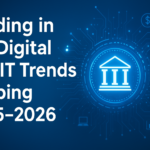
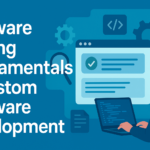






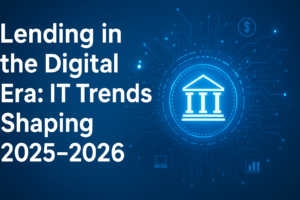
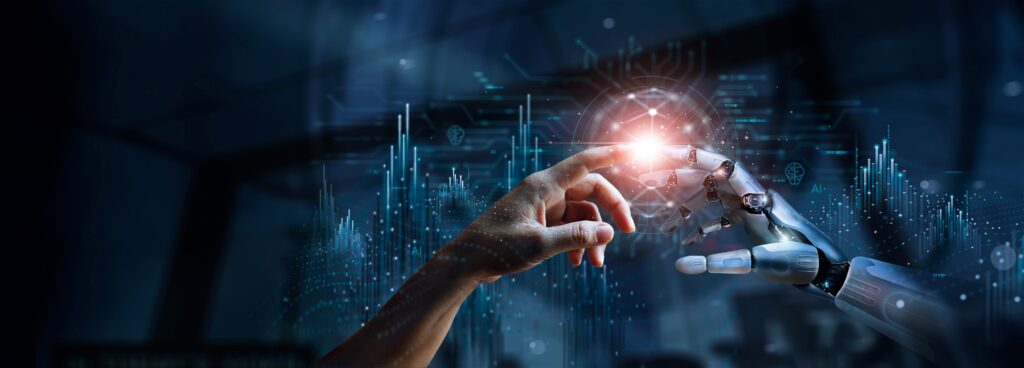
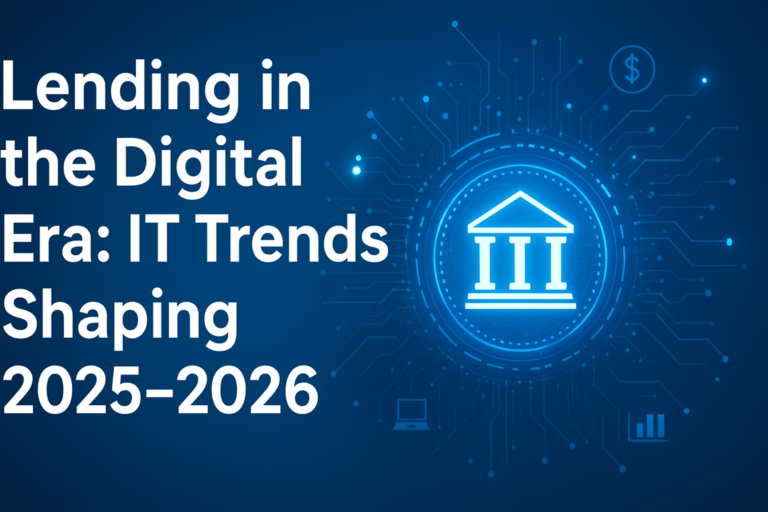
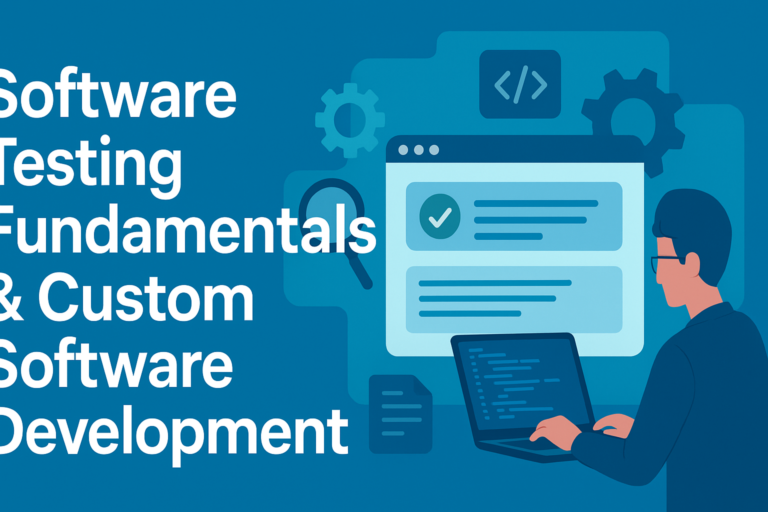
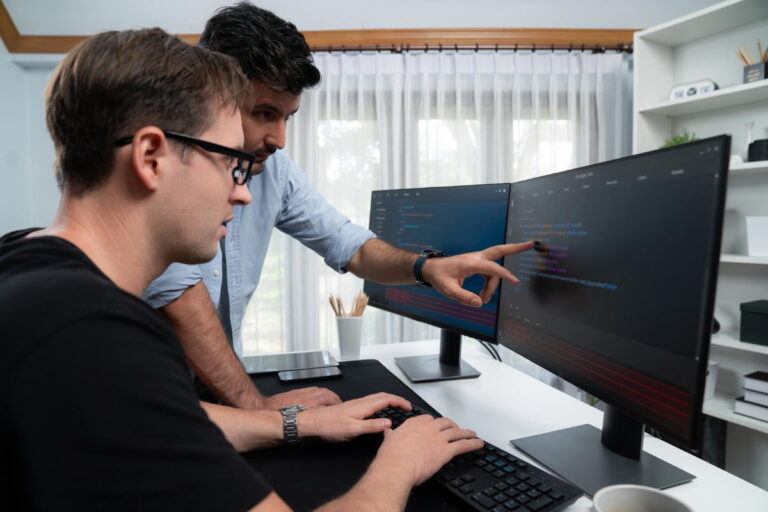


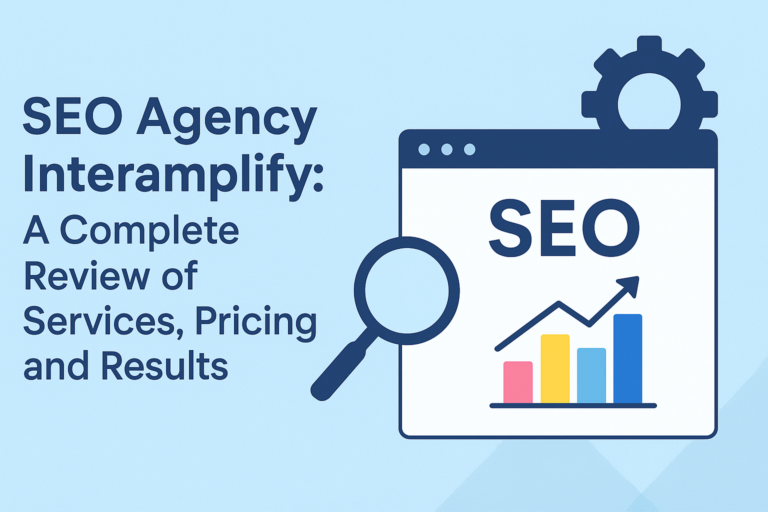

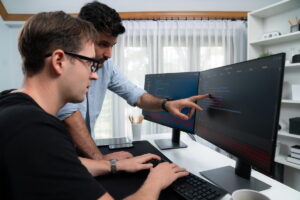
One thought on “The Future of Software Inspection in Corporate Environments”
Comments are closed.